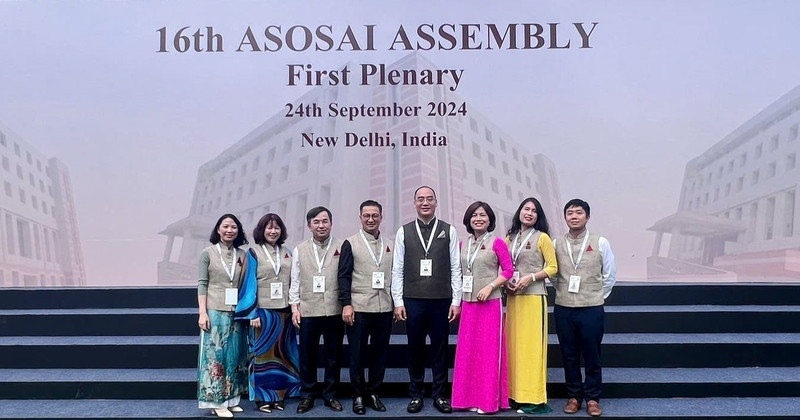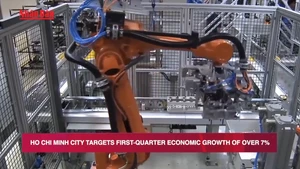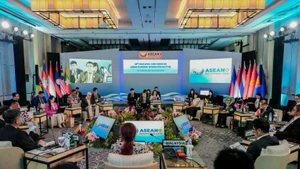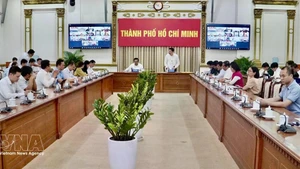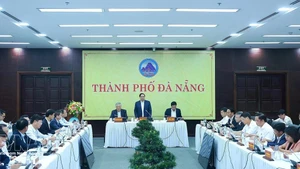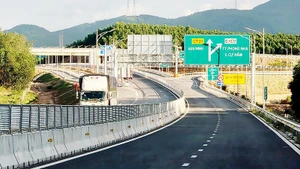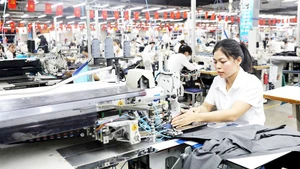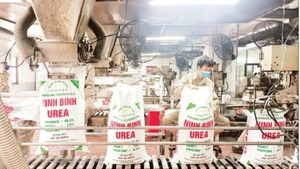The opening session saw the presence of Indian President Droupadi Murmu, high-ranking officials of the host country, and more than 200 international delegates representing 44 ASOSAI members along with international and observer organisations.
Indian President Droupadi Murmu said the duties of public-sector auditing has been expanded beyond those of traditional auditing to include assessing the effectiveness of public welfare programmes and projects to ensure all people are served equitably. In an increasingly technology-driven world, more and more public services are supplied through technology, so auditing needs to keep up with technological development so as to effectively perform its function of monitoring.
Besides, as the financial world often faces unclear accounting activities, the role of independent SAIs is to ensure public resources are managed efficiently and has maximum integrity, she said, adding that auditing and assessment by SAIs not only protect public funds but also enhance public trust in governance.
For his part, Indian Comptroller and Audit General Girish Chandra Murmu appealed to SAIs to focus on complying with the International Standards of Supreme Audit Institutions (ISSAI) and capitalising on technology to optimise auditing, helping SAIs not only cope with current challenges but also resolve future uncertainties.
Following the opening, the 16th ASOSAI Assembly convened the first plenary session to discuss important issues, including the ASOSAI strategic plan, the implementation of the Bangkok Declaration, and the report of the ASOSAI working groups on auditing the environment, the Sustainable Development Goals, and crisis management.
At the plenum, the State Audit Office of Thailand, which chaired ASOSAI in the 2021 - 2024 tenure, handed over the chairmanship for 2024 - 2027 to the Supreme Audit Institution of India.
